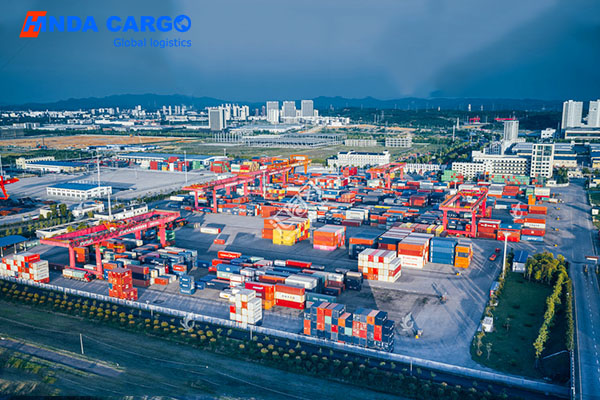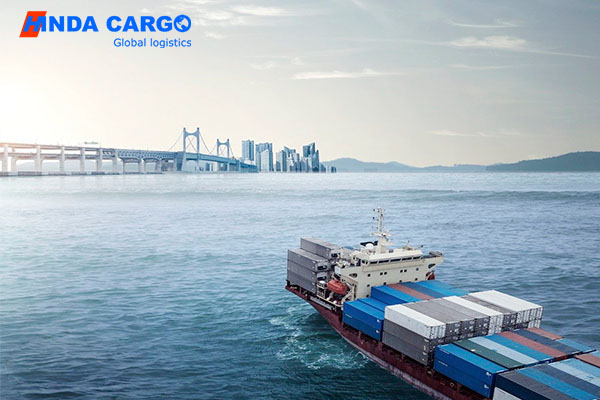How to deal with cargo delays from China to the western United States?
In the process of international freight, cargo delays are a common but headache-inducing problem, especially for cargo transportation from China to the western United States. Whether by sea or air, cargo delays may be affected by various factors, including weather, traffic congestion, customs clearance issues, etc.
In order to deal with these delays, shippers and freight forwarders need to take a series of effective measures to minimize the impact of delays on cargo transportation.

Delay response measures under sea transportation: advance planning (need to fully plan and estimate transportation time), timely communication (early detection of problems and finding solutions), alternative routes and plans (choose faster routes or take other modes of transportation).
1. Advance planning:
Before the departure of the goods, the shipper and freight forwarder need to fully plan and estimate the transportation time, taking into account possible delays. This allows the transportation plan of the goods to be arranged in advance and sufficient time to deal with possible delays.
2. Timely communication:
During the transportation of goods, the shipper and freight forwarder need to maintain close communication and keep abreast of the transportation status of the goods and possible causes of delays. Timely communication can help both parties identify problems early and find solutions to minimize the impact of delays.
3. Alternative routes and plans:
For possible delays, shippers and freight forwarders can develop alternative transportation routes and plans. For example, you can consider choosing faster routes or taking other modes of transportation to speed up the transportation of goods to cope with the original delay.

Delay response measures under air transportation: flight selection (select flights with high punctuality and high flight frequency), emergency response (consider choosing fast freight services), backup plans (develop alternative transportation routes and plans).
1. Flight selection:
When choosing air transport flights, shippers and freight forwarders need to consider the punctuality and frequency of flights. Choosing flights with high punctuality and high flight frequency can reduce the risk of delays and improve the reliability of cargo transportation.
2. Emergency response:
If the cargo faces an emergency or time requirements are more urgent, you can consider choosing fast freight services. These services usually provide faster transportation speeds to cope with time-sensitive situations.
3. Backup Plan:
In order to deal with possible delays, shippers and freight forwarders can develop backup plans. This includes developing alternative transportation routes and plans so that they can be quickly adjusted in the event of delays and deliver the goods to the destination as soon as possible.

Comprehensive response strategy: risk assessment (including risks in weather, transportation, customs clearance, etc.), coordination and cooperation (jointly discuss and develop delay response plans), and continuous monitoring (discover and solve problems in a timely manner).
1. Risk assessment:
Shippers and freight forwarders need to conduct a comprehensive assessment of various risks that may arise during the transportation of goods, including risks in weather, transportation, customs clearance, etc., and develop corresponding delay response strategies.
2. Coordination and cooperation:
Shippers and freight forwarders need to work closely together to deal with delays. The two parties can jointly discuss and develop delay response plans, and work together to solve problems when delays occur, so as to minimize the impact of delays on the transportation of goods.
3. Continuous monitoring:
During the transportation of goods, shippers and freight forwarders need to continuously monitor the transportation status of goods, and track and respond to possible delays in a timely manner. Continuous monitoring can help both parties to promptly identify and resolve problems and ensure that the goods are delivered to their destinations smoothly.
In summary, in response to the problem of cargo delays from China to the western United States, shippers and freight forwarders need to take a series of effective measures to deal with delays, including advance planning, timely communication, alternative routes and plans, etc. Through reasonable planning and close cooperation, the impact of delays on cargo transportation can be minimized to the greatest extent, ensuring that the goods can arrive at their destinations on time and safely.




